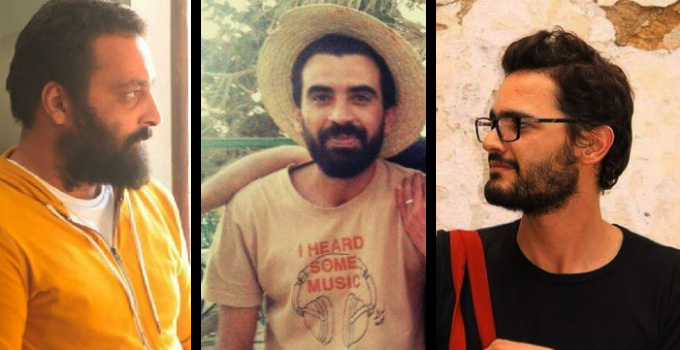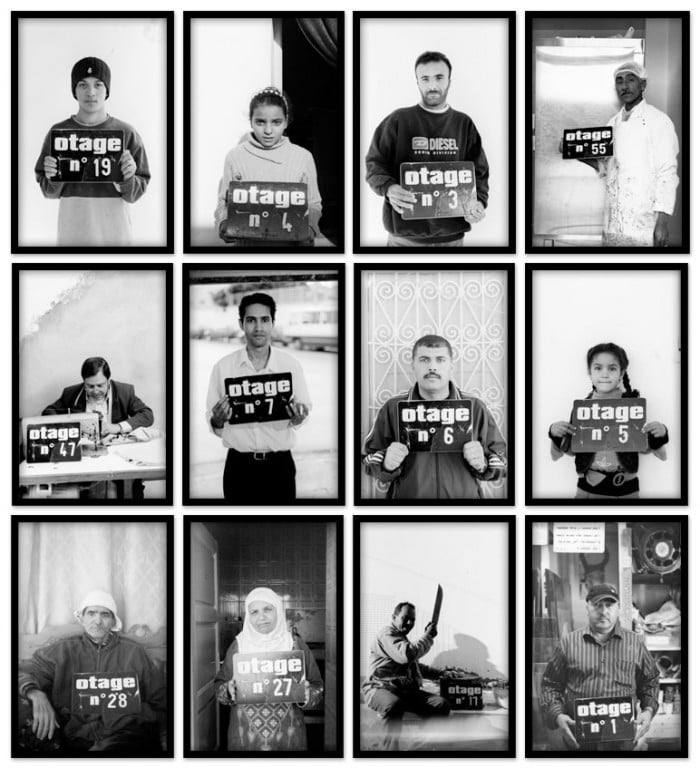Art World
Tunisian Artists Jailed for Cannabis Use after Misguided Terror Raid Now Released
The artists successfully appealed the verdict.

The artists successfully appealed the verdict.

Henri Neuendorf

Three Tunisian artists who were imprisoned for cannabis use on December 8 after being wrongly accused of terrorist activity were acquitted on December 21 by the Tunisian Court of Appeal.
Photographer Fakhri El-Ghezal, artist Atef Maatallah, and filmmaker Ala Eddine Slim were initially sentenced to the minimum term of one year imprisonment and fined 1,000 Tunisian dinars ($495).
On November 19, armed police stormed Slim’s property, where the trio were socializing, on suspicion of terrorism. The officers cited Maatallah’s beard and a suspicious bag carried by El-Ghezal as evidence.

Atef Maatallah’s work is included in the collection of the Centre Pompidou, Paris.
Photo: atefmaatallah.tumblr.com
At the time, an unnamed friend of the trio told French daily Le Monde, “The raid was carried out by three different brigades totaling 15 armed police in bulletproof vests, who thought they were dismantling a dangerous terrorist cell.” Instead “They came face to face with three artists having a beer and an eight month pregnant professor of fine art.”
When police found no real evidence of terrorist activity, they invoked Law 52 to arrest the three men for using cannabis.
Following their acquittal the trio’s attorney, Ghazi Mrabet, told HuffPost Tunisie that the Court of Appeal “simply applied the legal texts.” He explained that the search warrant was issued on suspicion of terrorist activity, “and not for drug use.”

Fakhri El-Ghezal’s work has been exhibited at the New Museum, New York.
Photo: tlaxcala-int.org
However, the lawyer added, “we must keep up the pressure to reform Law 52,” referring to the Tunisian statute that criminalizes the personal consumption of narcotic substances or plants. It is punishable by imprisonment for one to five years and fines of 1,000 to 3,000 Tunisian dinars ($495 to $1,485).
The men were released on the back of a campaign launched by a group of fellow artists and activists.
The three men are important figures in the Tunisian contemporary art scene. El-Ghezal has shown his photographs at the New Museum, New York, the Mucem in Marseille, and the Beirut Art Center. Maatallah was awarded the runners-up prize at the International Drawing Salon in Paris this year and his work is included in the collection of the Centre Pompidou, Paris. Slim works with emerging filmmakers in Tunisia.